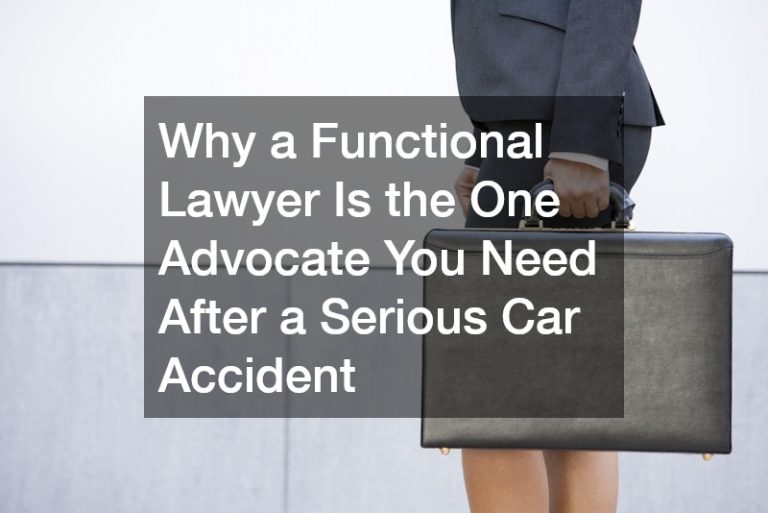If you are like the majority of people, when you have a question, you go online to search for the answer.
And this is ideal if you are looking for guidance on where to put certain plants in your garden or if you need help with finding a plumber.
But when it comes to looking for information on divorce, it is probably the worst idea you could have to go online. The internet is full of misinformation, well-thought-out but out-of-date advice, as well as blatant mistruths, all of which confuse an already complicated process even more.
So, here are some of the most common myths about divorce debunked by divorce solicitors in Weybridge.
Assets are divided 50/50
It is extremely rare, if not highly unusual, that a divorce will result in the assets being divided down the middle. As a general rule, you will get the assets that you own following a divorce, but this can be trickier when it comes to things such as property or cars. If you have a child or children with your former spouse, then the parent who has primary custody will usually get the house in order to keep their children housed and to raise them.
And in a similar vein, it is important to note that infidelity in a relationship does not instantly mean that you will get the majority of the assets if your partner has been unfaithful.
Divorces always go through court
Actually, no, it is exceedingly rare that a divorce will go through a court as this prolongs the period of the divorce and costs a lot of money. The majority of divorces are settled in the community via mediation and meetings with solicitors.
If I disagree with the divorce, my ex cannot divorce me
If your former spouse is attempting to divorce you and you disagree with them, it is not simply the case that by filibustering, you will be able to prevent the divorce. As of April 2022, it is now entirely legally justified to divorce a partner under a no-fault divorce law, which will not require you to agree to the divorce proceedings for them to go ahead. If you are feeling remorse or want to settle your differences with your former partner and are concerned about divorce, then attempt to do so via mediation or counselling.
The children will go to the mother in a divorce
In most cases, this is true, but if the mother has been found to be a danger to her children or emotionally unable to cope with raising them and is unable to meet their needs, then they may go to the father. If the father is in a similar position as the mother, then they will likely go to another suitable family member.
You can navigate divorce by yourself
Divorce law is exceedingly complicated, and you cannot navigate it by yourself. So, if you or your spouse are aiming to undertake divorce proceedings, you should seek the advice of a solicitor to do so.
